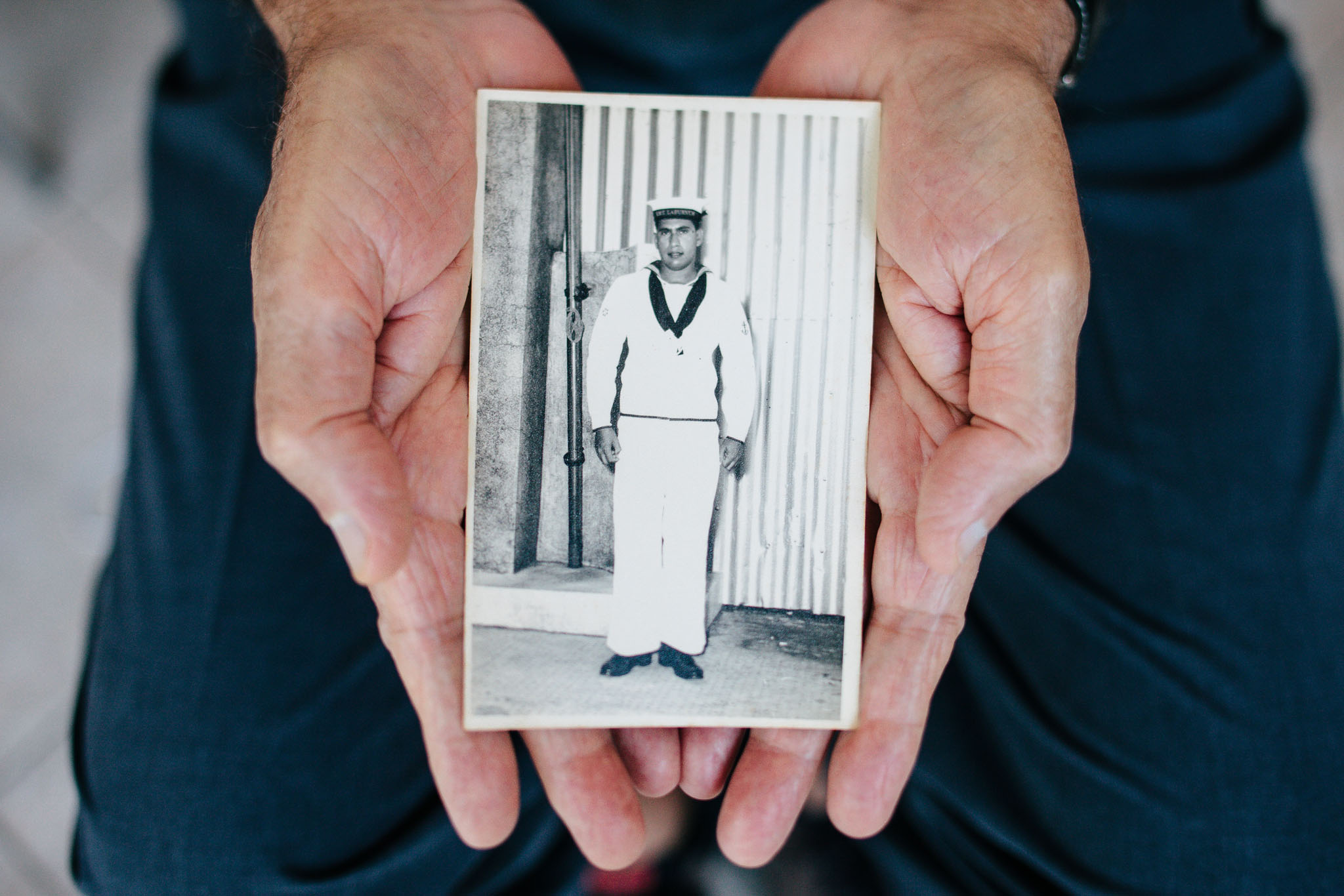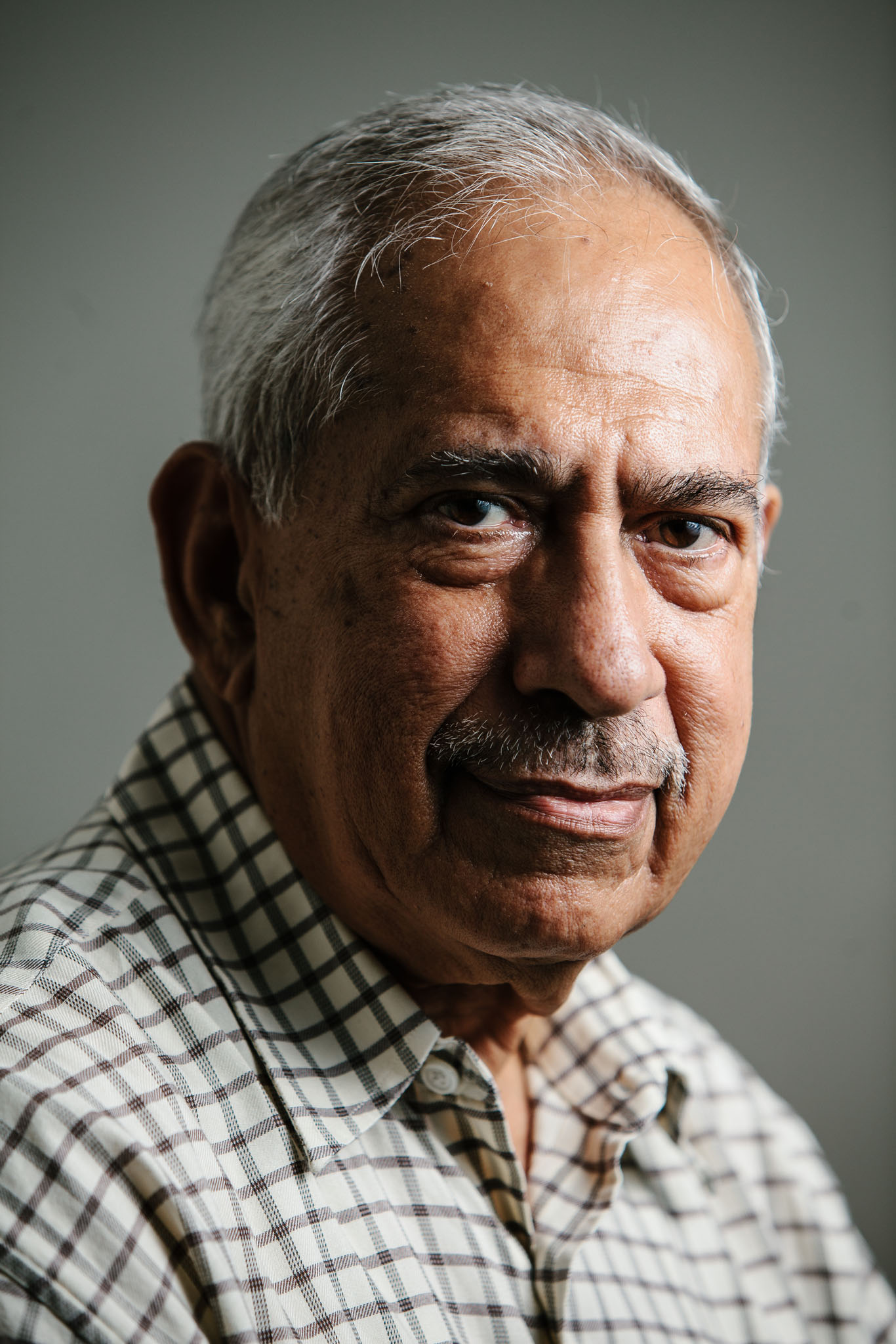Mr MacGyver
Water parades took on a whole new meaning in 1972, as Fong Hoe Fang remembers it to be.
“We had a full bottle of water each when we went outfield,” he said. “That was it.”
Every sip of water was a calculated risk at quenching one’s thirst he adds – especially when faced with the merciless tropical heat.
The sprightly 60-year-old was, like most Singaporeans, the age of 18, when he was conscripted into the Singapore Army in 1972. He would continue to serve for three years where he graduated with the rank of Captain(NS).
As a young recruit part of the sixth batch of National Servicemen to don the Temasek green, Fong recalls the idiot-proof strategy of rationing water – not stopping short of praising its ingenious approach.
With bottle caps doubling up as measuring units, the tried and tested readings are as follow : 15 caps – half bottle empty, 30 caps – full bottle empty.
The MacGyver like intuition does not stop there.
With the inner linings removed, helmets were transformed as tools to boil water in the event where mess tins were unavailable.
“We made do with what we had, there were no two ways about it,” he adds.
Towards his fortieth birthday, he received a letter: He was discharged from his national service commitments. No thank you. Nothing.
Not one to take things lying down, Fong wrote back in jest: “They had a ball of a time punishing us when we joined.”
“A simple show of gratitude wouldn't have hurt, you know."
He also wrote to the authorities suggesting that a farewell party was well overdue.
“Obviously, no reply ever came.”
--
Text by Prabhu Silvam
This was part of a feature on Esquire Singapore on national service veterans.











